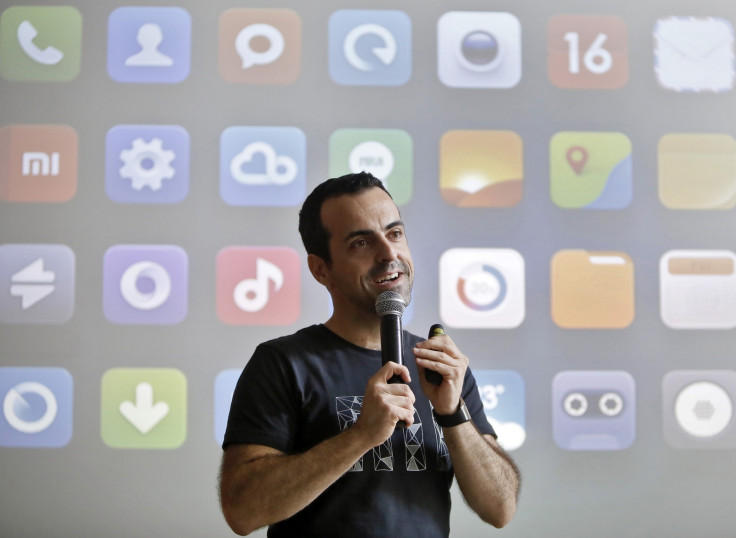Xiaomi Prepares for International Expansion By Moving Data Out of China

Xiaomi is still a relative unknown outside of its home territory of China, but the company which styles itself as the Apple of the East, is preparing to launch an assault on western markets by reorganising its server infrastructure to move customer data out of China.
Earlier this year, Xiaomi overtook Samsung as the number one smartphone maker in China, gaining a 27% market share compared to Samsung's 21% share.
Xiaomi has slowly begun to expand its reach, launching its Mi smartphones in Singapore, Malaysia and the Philippines this year while in July its flagship smartphone sold out within 38 minutes when it went on sale in India.
The company plans to expand into Brazil and Indonesia later this year.
But it is a move into markets like western Europe, North America and more developed Asian markets like Japan and South Korea, which will be the real test of Xiaomi's ambitions.
The first step down that road is already underway, with Xiaomi's head of global expansion (and former Google executive) Hugo Barra announcing that it has begun moving its servers to locations around the world:
In early 2014, we kicked off a massive internal effort to expand our server infrastructure globally in order to better serve Mi fans everywhere. Our primary goal in moving to a multi-site server architecture was to improve the performance of our services for Mi fans around the world, cut down latency and reduce failure rates. At the same time, it also better equips us to maintain high privacy standards and comply with local data protection regulations. This is a very high priority for Xiaomi as we expand into new markets over the next few years.
Migration
The first phase of this migration was to move the company's e-commerce platforms from data centres in Beijing to Amazon's AWS data centres in California and Singapore.
Of more interest is the migration of customer data associated with the company's MIUI operating system including cloud and messaging data to the same data centres in the US and Singapore.
Earlier this year Xiaomi came under fire when it was revealed that the company was automatically uploading private customer data to its own servers in Beijing without their express permission. Xiaomi apologised for the confusion and changed its policies to prevent it happening in the future.
While Xiaomi and Barra are claiming the move to relocate server infrastructure outside of China is simply to improve performance, the real reason could be the on-going suspicion with which companies like Xiamoi, Huawei and Lenovo are viewed in the west.
Trust
Many believe that these companies have close ties to the Chinese government and are sharing customer data - despite widespread denials by the companies themselves.
Just this week it was claimed the Chinese government was behind an attack on Apple customers attempting to access the company's iCloud service online. Tim Cook, Apple's CEO, even travelled to China to speak to government officials about the issue.
When Xiaomi will expand into western markets is unclear, with Barra giving no more of an indication than "the next few years".
However, when it does move into these markets, it is clear the company is well aware that convincing customers to trust it with their private data is going to be one of its biggest challenges.
© Copyright IBTimes 2025. All rights reserved.





















